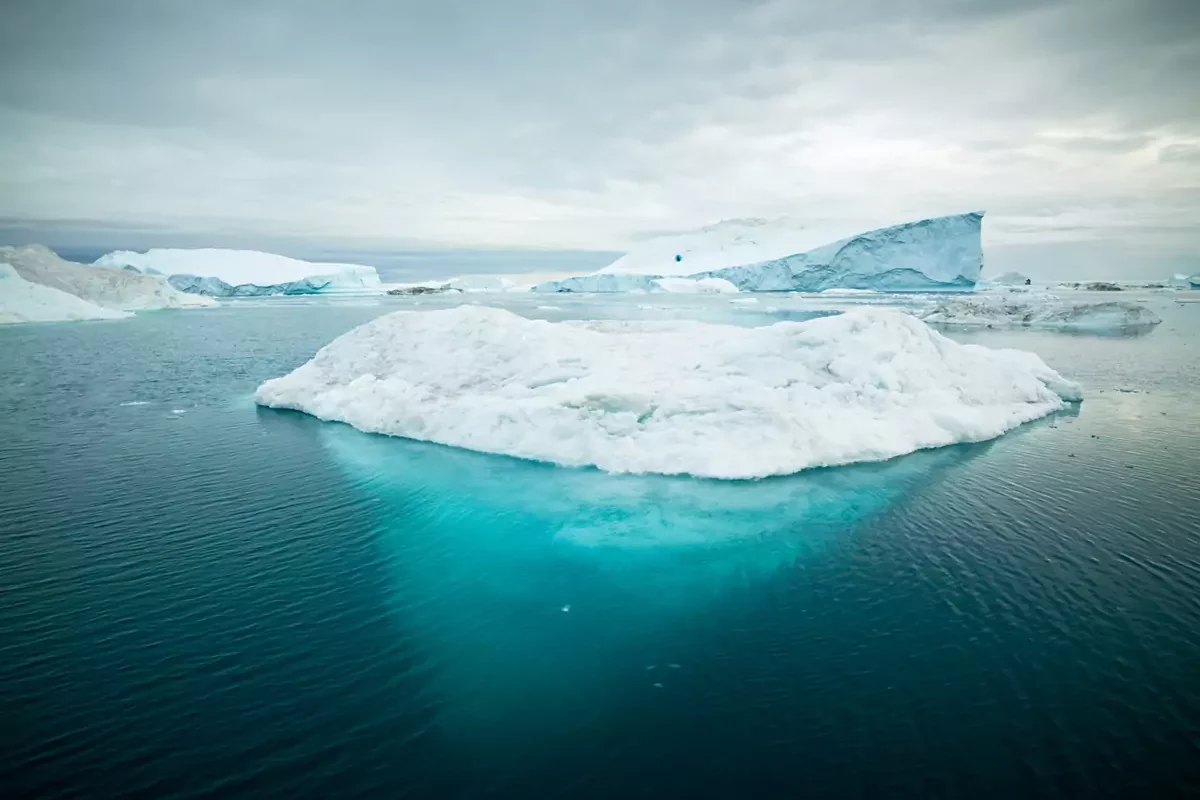Local voices from Monaco and the French Riviera joined countless others from the realms of science and government at the One Planet – Polar Summit held last week in Paris. Here’s what they had to say about the future of the world’s polar regions and why fast action at the poles is needed now.
The terrifying rate of ice melt in the polar regions, which could have dire consequences for billions if left unchecked, was the focus of the One Planet – Polar Summit hosted by French President Emmanuel Macron between 8th and 10th November as part of the recent Paris Peace Forum.
It united hundreds of scientists, world leaders, government representatives and NGOs, including Monaco’s Government Advisor-Minister of External Relations and Cooperation, Isabelle Berro-Amadeï, and longtime Nice Mayor Christian Estrosi, who both made speeches during the event.
MONACO AT THE SUMMIT
Berro-Amadeï gave an impassioned speech detailing the historical scientific interest held by the Princes of Monaco throughout the centuries, particularly underlining current sovereign Prince Albert II’s effects to increase environmental protections and of his “attachment to the polar regions”.
She also spoke about the various initiatives and projects carried out in the Principality by the Prince Albert II Foundation, the Oceanographic Institute-Albert I Foundation and the Scientific Centre of Monaco.
Meanwhile, Estrosi was present as part of the Ocean Rise & Resilience Coalition, and he led a discourse on rising sea levels and the subsequent adaptations of coastal cities and coastal regions.
FRANCE TO PLEDGE €1BIL BY 2030
During the summit, President Macron announced that France would be pledging €1 billion to polar research between now and 2030.
“We are not talking about a threat for tomorrow, but one that is already present and accelerating,” he said. “We are talking about a transformation of the cryosphere (the Earth’s ice) that already threatens millions and will threaten billions of the planet’s inhabitants with multiple direct and indirect consequences.”
The speed and scale of ice melts and permafrost thaws were key themes covered at the event, as explained by World Meteorological Organisation Secretary-General Professor Petteri Taalas.
“One of the most visible impacts of climate change is seen in the cryosphere, with the acceleration of melting of glaciers and sea ice,” he said. “Unfortunately, the high concentration of carbon dioxide in the atmosphere means that melting of glaciers and sea level rise is expected to continue for the coming millennia.”
Though solutions at the One Planet – Polar Summit were not aplenty, many hopes are resting on outcomes at COP28, which will take place between 30th November and 12th December at the Expo City in Dubai.
“We human beings do have the ability to act in equitable ways to make a difference and avoid the worst impacts of climate change,” said Jim Skea, Chair of the Intergovernmental Panel on Climate Change. “Now we must find ways to implement changes before our time runs out.”
For further information on the summit, its mission and its outcomes, click here.
Make sure you’re never left out of the conversation.
Sign up for the Monaco Life newsletter, and follow us on Facebook, Twitter, Instagram and LinkedIn.
Photo source: Alexander Hafemann, Unsplash
